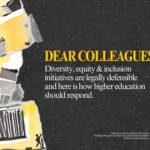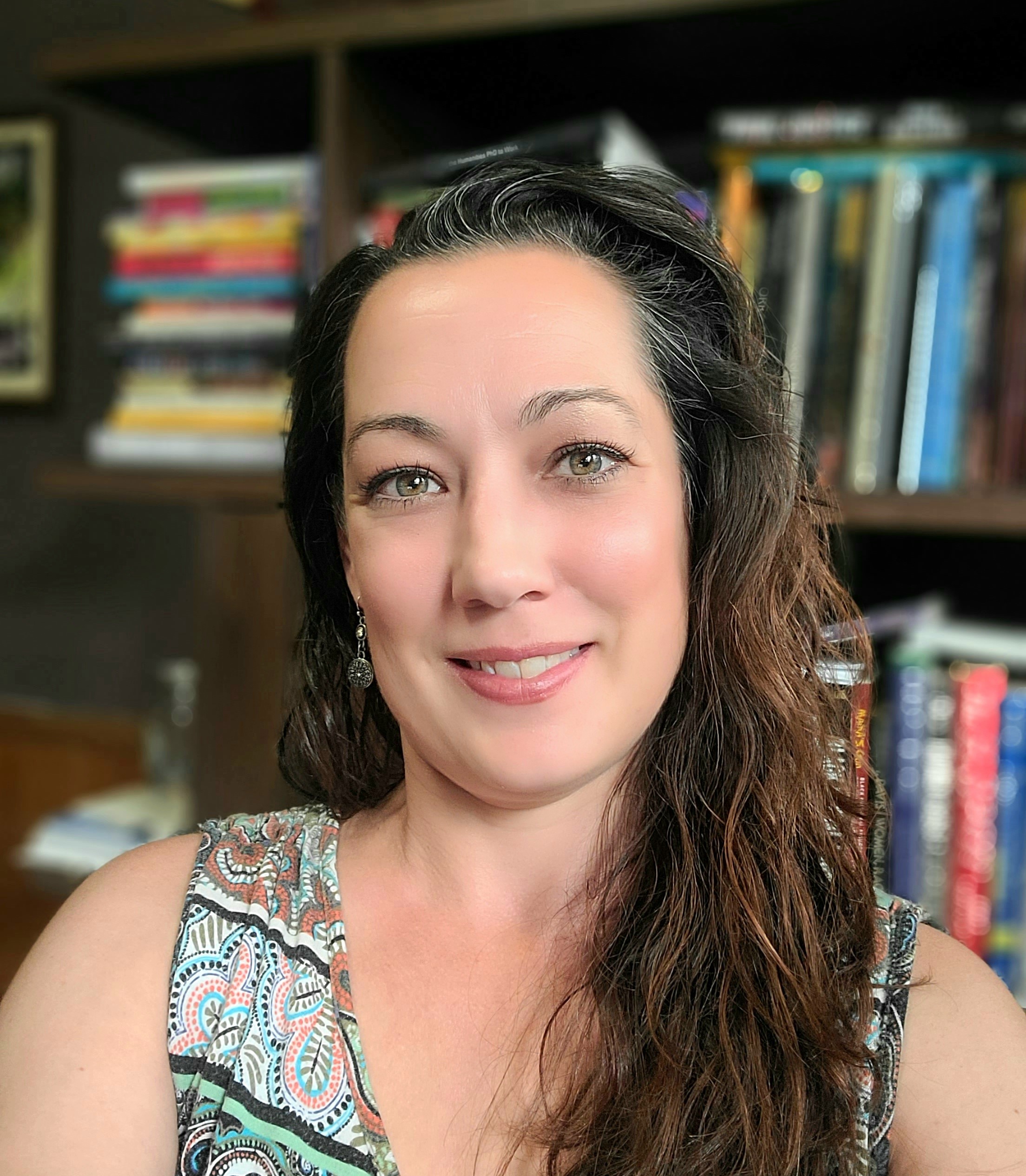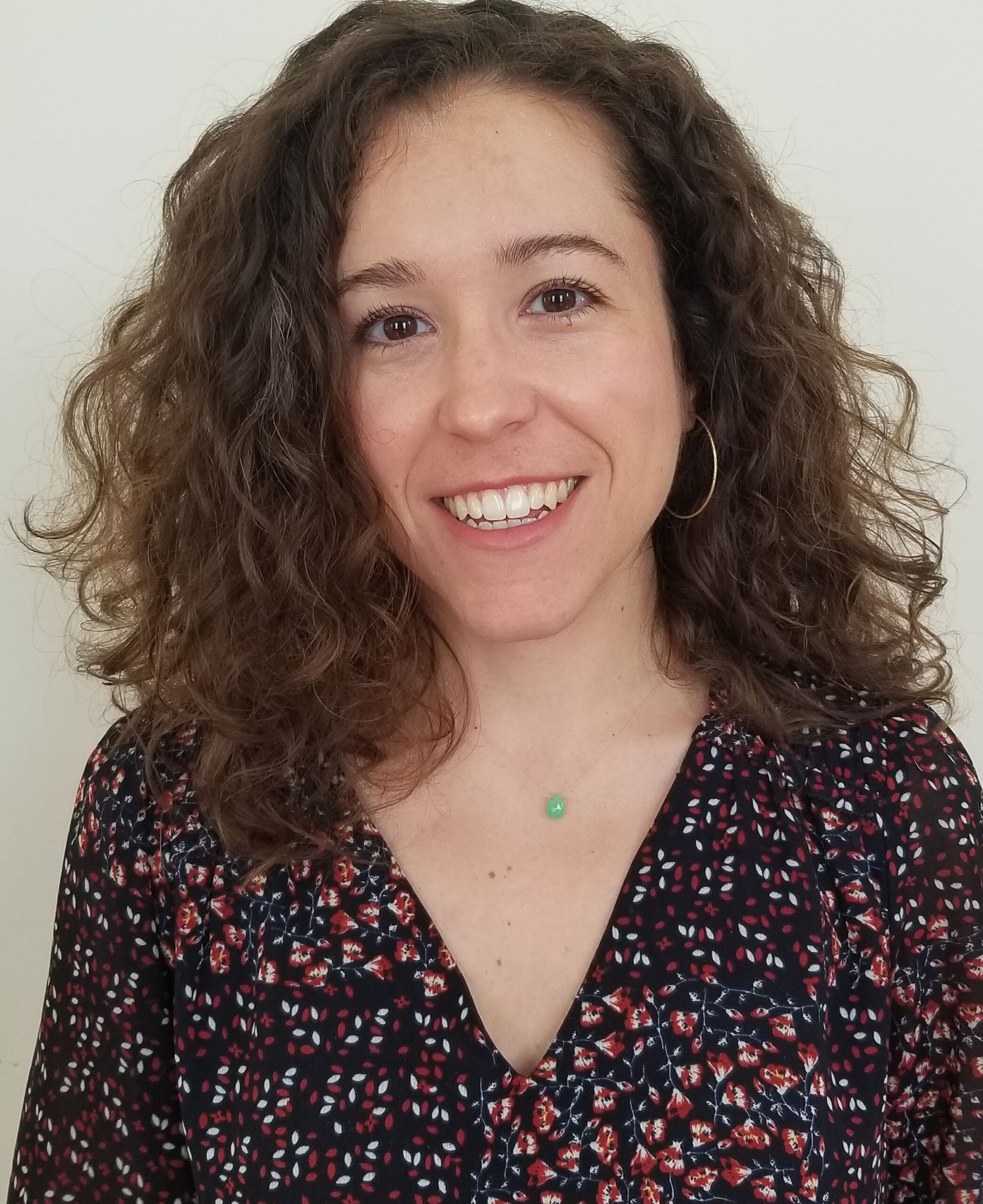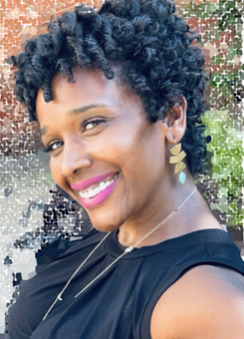
Dear Colleagues: Diversity, equity & inclusion initiatives are legally defensible and here is how higher education should respond
March 31, 2025Teaching at the Intersections: Autoethnography, Linguistic Justice, and Radical Belonging Part 1 & 2
April 22 -23 2025
Sponsors
Location
Tuesday, April 22
1:00-2:30PM
Book Talk
Wednesday, April 23
1:00-2:30PM
Book Talk

The Diversity Scholars Network presents a two-part event on Autoethnography, Authenticity, and Resisting Colonial Paradigms in Higher Education
How can we disrupt the colonial paradigms that shape higher education and foster learning spaces rooted in authenticity, storytelling, and critical love? In collaboration with Dr. Liz DeBetta, Dr. Cristina Sánchez-Martín and Prof. RAsheda Young (Fulbright-Hays Fellow), the Diversity Scholars Network presents a dynamic two-part webinar engaging with the power of autoethnography as a practice of resistance and liberation.
This event brings together our presenters to explore how autoethnography, counterstory, and decolonial pedagogy disrupt oppressive structures in higher education. Drawing from Dr. DeBetta’s forthcoming book chapter, Young’s work on how Ubuntu — "I am because you are" — shapes teaching practices that center radical love, humanity, and linguistic justice, and Sánchez-Martín’s research on multilingualism and radical belonging, this session examines how storytelling, embodied pedagogy, and linguistic justice serve as tools for liberation. Rooted in Black feminist thought and decolonial frameworks, this discussion challenges the erasure of marginalized voices and reimagines the classroom as a site of resistance and transformation.
Part I – April 22: Radical Love, Autoethnography, and Decolonial Pedagogies — How can educators employ language and storytelling to resist colonial paradigms in higher education? Presentation by Professor RAsheda Young, and Dr. Cristina Sánchez-Martín
Moderator:
- Keenan Colquitt, Jr., Ph.D. - Program Manager for Diversity Scholar Engagement
Panelist:
- Dr. Cristina Sánchez-Martín, Assistant Professor in the Department of English at the University of Washington
- Professor RAsheda Young, Assistant Teaching Professor for the Writing Program at Rutgers University
Part II – April 23: Autoethnography and the Classroom as a Site of Resistance — How can feminist educators disrupt colonial paradigms and create inclusive, anti-oppressive learning spaces? Presentation by Dr. Liz DeBetta
Moderator:
- Keenan Colquitt, Jr., Ph.D. - Program Manager for Diversity Scholar Engagement
Panelist:
- Dr. Liz DeBetta, Advocacy Program Manager in the Center for the Education of Women+ at the University of Michigan
Join us for a critical dialogue on how authenticity, storytelling, and transgressive approaches can transform the landscape of higher education.
Panelists

Liz DeBetta, PhD
Advocacy Program Manager in the Center for the Education of Women+ at the University of Michigan
RAsheda Young is an assistant teaching professor at Rutgers University-New Brunswick and a PhD candidate at Indiana University of Pennsylvania. She has received multiple honors, including Rutgers' Distinguished Contributions to Undergraduate Education Award (2022), Excellence in Asynchronous Course Design Award (2023), and the Humanities Plus Award for research on autoethnography (2024). A Fulbright-Hays fellow in South Africa, she focuses on globalizing curriculum. RAsheda presents nationally and internationally on ubuntu pedagogy, radical love, and contemplative writing. She has held leadership roles in major academic organizations and serves on the executive board of the National Council of Basic Writing. She is also a published writer and adjunct at New York University.

Cristina Sánchez-Martín, PhD
Assistant Professor in the Department of English at the University of Washington
Dr. Sánchez-Martín is an applied linguist, educator, translator, and community-supporter. She has been working with multilingual students from all over the world in different parts of the US and Spain since 2013. Her work aims to develop justice-oriented research, literacy and language practice alongside the communities I collaborate with.
Dr. Sánchez-Martín’s academic research looks at the inequities created and perpetuated in the fields such as applied linguistics, TESOL, and rhetoric and composition. It revolves around understanding epistemologies of language (including what has been silenced), methodologies (what is missing in traditional forms of language-based research), pedagogies (how teachers and students are positioned in the study of language individually and collectively), and ontologies (how do we construct ourselves, teachers, students, and communities through our language practice and learning).

RAsheda Young, ABD
Assistant Teaching Professor for the Writing Program at Rutgers University
RAsheda Young is an assistant teaching professor at Rutgers University-New Brunswick and a PhD candidate at Indiana University of Pennsylvania. She has received multiple honors, including Rutgers' Distinguished Contributions to Undergraduate Education Award (2022), Excellence in Asynchronous Course Design Award (2023), and the Humanities Plus Award for research on autoethnography (2024). A Fulbright-Hays fellow in South Africa, she focuses on globalizing curriculum. RAsheda presents nationally and internationally on ubuntu pedagogy, radical love, and contemplative writing. She has held leadership roles in major academic organizations and serves on the executive board of the National Council of Basic Writing. She is also a published writer and adjunct at New York University.

